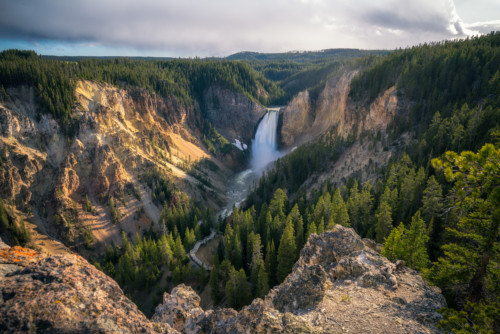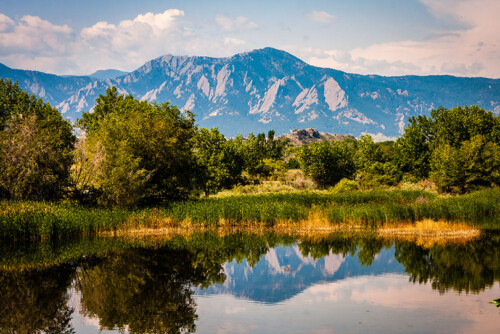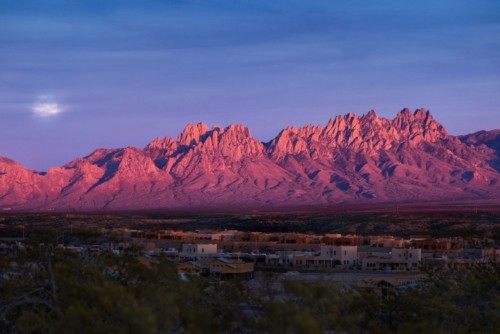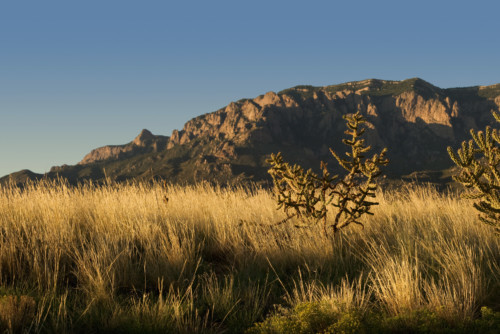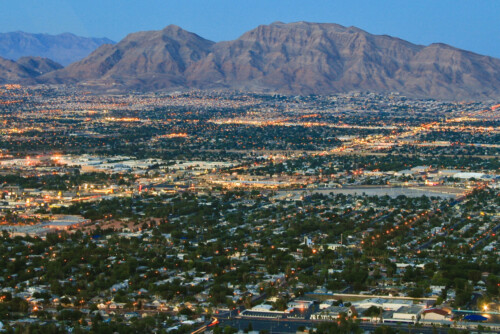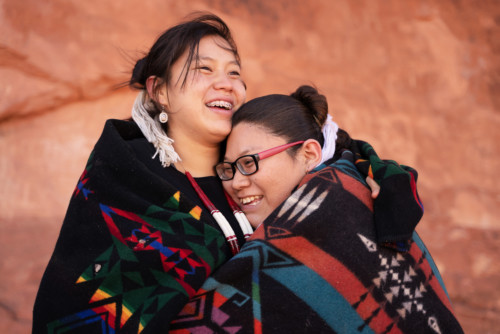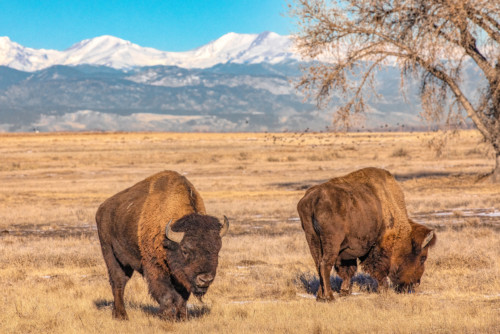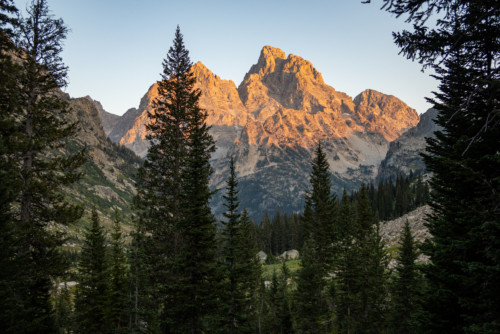WRA believes in a West where diversity of people and biodiversity thrive. We work towards a future where conservation policies and practices in the Interior West are drivers of equity and are sustained politically, socially, and economically through diverse people and partners who have a shared vision for their communities.
It is no secret that the conservation movement has regularly failed people of color. Additionally, there is a long history of systemic and societal inequitable treatment of Indigenous populations in the Western United States. Over the last four years, WRA has developed a deeper understanding of how social inequalities threaten both lives and livelihoods of people across the West. While every person is affected by the climate crisis, diverse communities and Black, Indigenous, Latino/Latina, Asian, multiracial, and biracial people bear a far higher burden from climate inaction. In addition, these individuals and communities have, to a large degree, been excluded from decision making where conservation policies are designed and advanced, which has had and continues to have a detrimental effect on many aspects of their lives.
We can’t adequately or appropriately address climate change without addressing environmental justice and working closely with those most impacted by the complex problems facing the West. We cannot promote equity without first acknowledging that historically oppressive systems and societal constructs have contributed to differing opportunities, access, and resources for many in our nation and the Interior West. We recognize that there can be no climate justice without significant pollution reductions, focused in areas that have, for far too long, borne a disproportionate burden of climate pollution. This is the cornerstone of our plans in 2023 and beyond.
WRA leverages its policy and advocacy expertise to integrate and drive conservation equity by working in partnership with those most impacted by policies of the past, co-developing solutions that affirmatively benefit disproportionately impacted and low-income communities and becoming a more inclusive and diverse organization.

